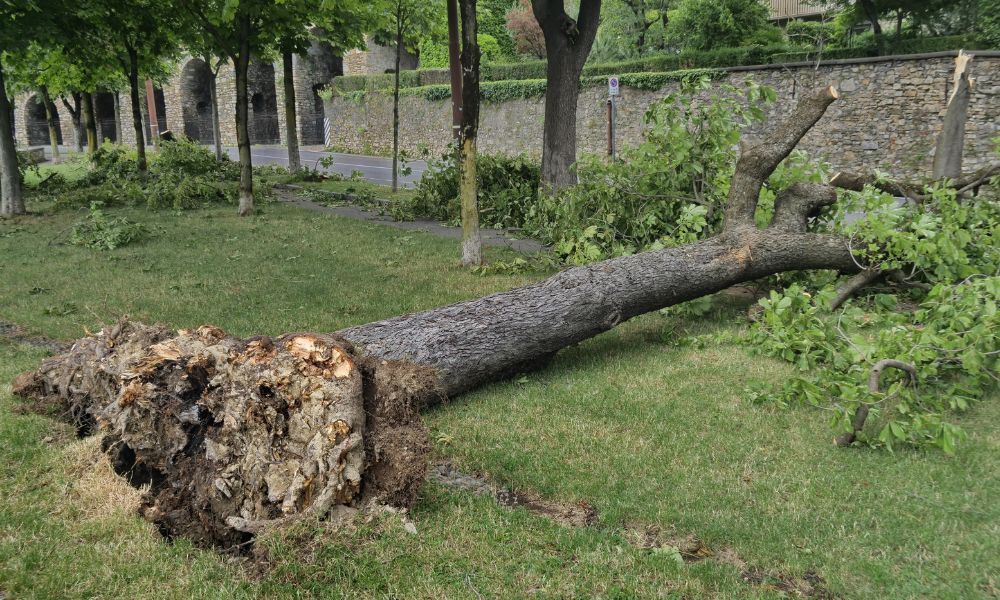The government of British Columbia has introduced legislation that would require greater involvement of members of the joint health and safety committee during workplace accident investigations.
Bill 35 is a response to the coroner’s inquest recommendations following the accidents in 2012 that occurred at the sawmills at Lakeland Mills in Prince George and Babine Forest Products in Burns Lake.
The legislation will also specify meaningful participation for worker and employer representatives in employer accident investigations as well as specify a role for workplace health and safety committees to provide advice to the employer on significant proposed equipment and machinery changes that may affect worker health and safety.
The bill will require employer investigation reports be provided to the workplace health and safety committee or worker health and safety representative, or be posted at the work site.
"I hope (the) proposed legislative changes signal how seriously we take the inquest jury recommendations, and represent a lasting legacy and some degree of closure for the families of the workers who lost their lives or were injured," said Minister of Jobs, Tourism and Skills Training and Minister Responsible for Labour Shirley Bond.
In addition, the bill will allow WorkSafeBC to proactively assist workplace health and safety committees in resolving disagreements over health and safety matters.
The legislation would require employers to immediately report to WorkSafeBC all workplace fires or explosions that had the potential to cause serious injury to a worker.
These Workers Compensation Act amendments are part of the ongoing, co-ordinated work government has undertaken to make workplaces safer. The province accepted all 43 of the recommendations made by Gord Macatee in the WorkSafeBC Review and Action Plan Report, to ensure a world-class inspection and investigations regime at WorkSafeBC.
Those changes included WorkSafeBC:
•implementing a new investigation model that preserves the ability to conduct both cause investigations and prosecution investigations •implementing the sustained compliance plan for sawmills as outlined in the report
•significantly shortening the timelines for issuing administrative penalties and to develop a hierarchy of enforcement tools.
Bill 35 also builds on the legislative changes made under Bill 9 earlier this year that strengthened WorkSafeBC’s ability to promote and enforce occupational health and safety compliance in B.C. workplaces. The work to address the outstanding recommendations from the inquest jury continues across government. In addition to acting on the coroner’s inquest jury recommendations, Bill 35 addresses administrative issues relating to WorkSafeBC’s annual report and service plan and to the WorkSafeBC superannuation plan, said the government.
The coroner's inquest also issued a recommendation about building and refitting mills to the highest possible standards.
Bill 35 is a response to the coroner’s inquest recommendations following the accidents in 2012 that occurred at the sawmills at Lakeland Mills in Prince George and Babine Forest Products in Burns Lake.
The legislation will also specify meaningful participation for worker and employer representatives in employer accident investigations as well as specify a role for workplace health and safety committees to provide advice to the employer on significant proposed equipment and machinery changes that may affect worker health and safety.
The bill will require employer investigation reports be provided to the workplace health and safety committee or worker health and safety representative, or be posted at the work site.
"I hope (the) proposed legislative changes signal how seriously we take the inquest jury recommendations, and represent a lasting legacy and some degree of closure for the families of the workers who lost their lives or were injured," said Minister of Jobs, Tourism and Skills Training and Minister Responsible for Labour Shirley Bond.
In addition, the bill will allow WorkSafeBC to proactively assist workplace health and safety committees in resolving disagreements over health and safety matters.
The legislation would require employers to immediately report to WorkSafeBC all workplace fires or explosions that had the potential to cause serious injury to a worker.
These Workers Compensation Act amendments are part of the ongoing, co-ordinated work government has undertaken to make workplaces safer. The province accepted all 43 of the recommendations made by Gord Macatee in the WorkSafeBC Review and Action Plan Report, to ensure a world-class inspection and investigations regime at WorkSafeBC.
Those changes included WorkSafeBC:
•implementing a new investigation model that preserves the ability to conduct both cause investigations and prosecution investigations •implementing the sustained compliance plan for sawmills as outlined in the report
•significantly shortening the timelines for issuing administrative penalties and to develop a hierarchy of enforcement tools.
Bill 35 also builds on the legislative changes made under Bill 9 earlier this year that strengthened WorkSafeBC’s ability to promote and enforce occupational health and safety compliance in B.C. workplaces. The work to address the outstanding recommendations from the inquest jury continues across government. In addition to acting on the coroner’s inquest jury recommendations, Bill 35 addresses administrative issues relating to WorkSafeBC’s annual report and service plan and to the WorkSafeBC superannuation plan, said the government.
The coroner's inquest also issued a recommendation about building and refitting mills to the highest possible standards.





